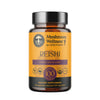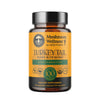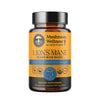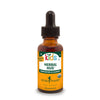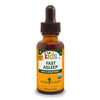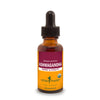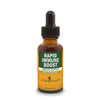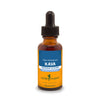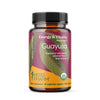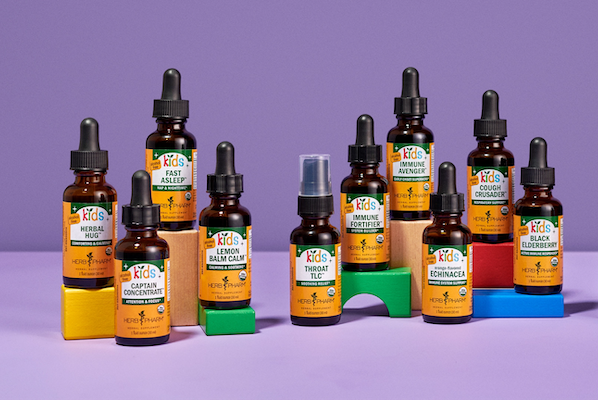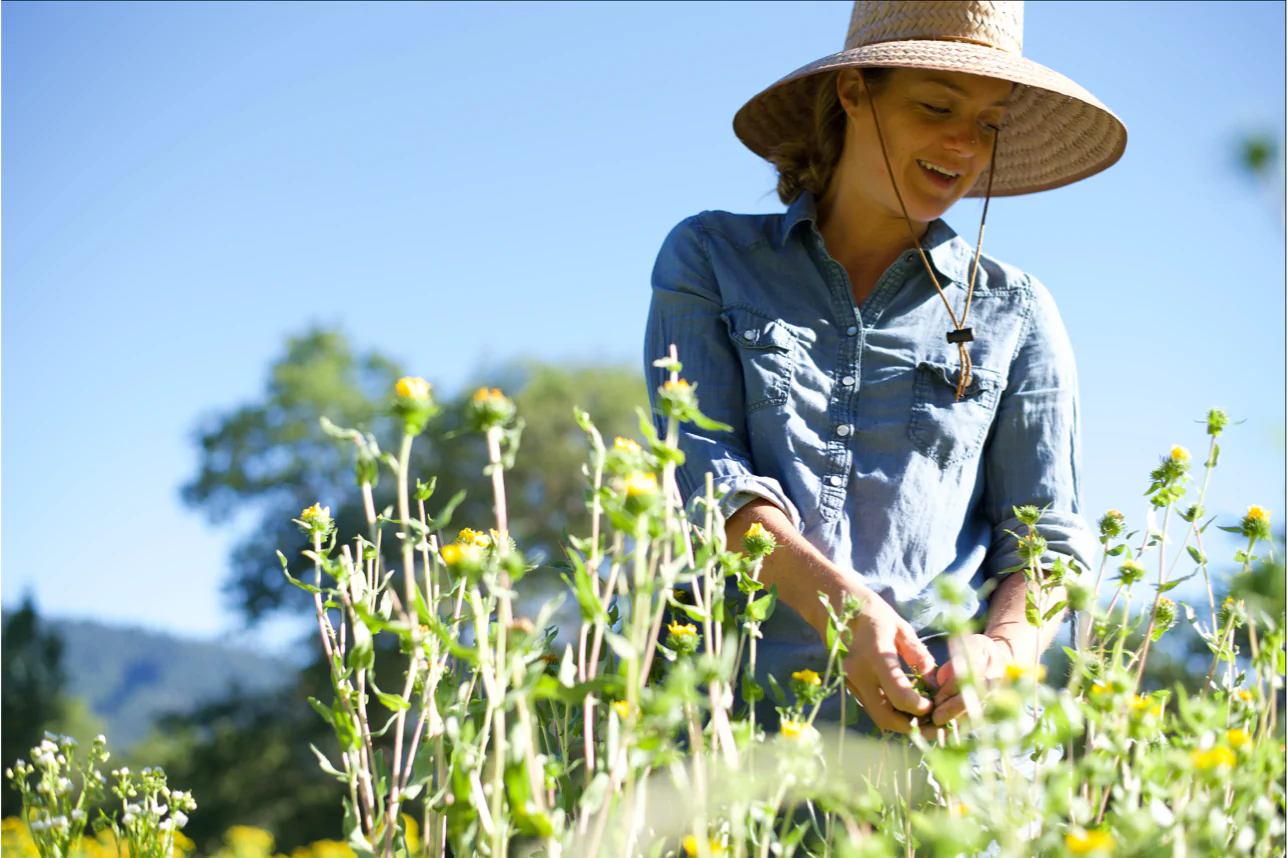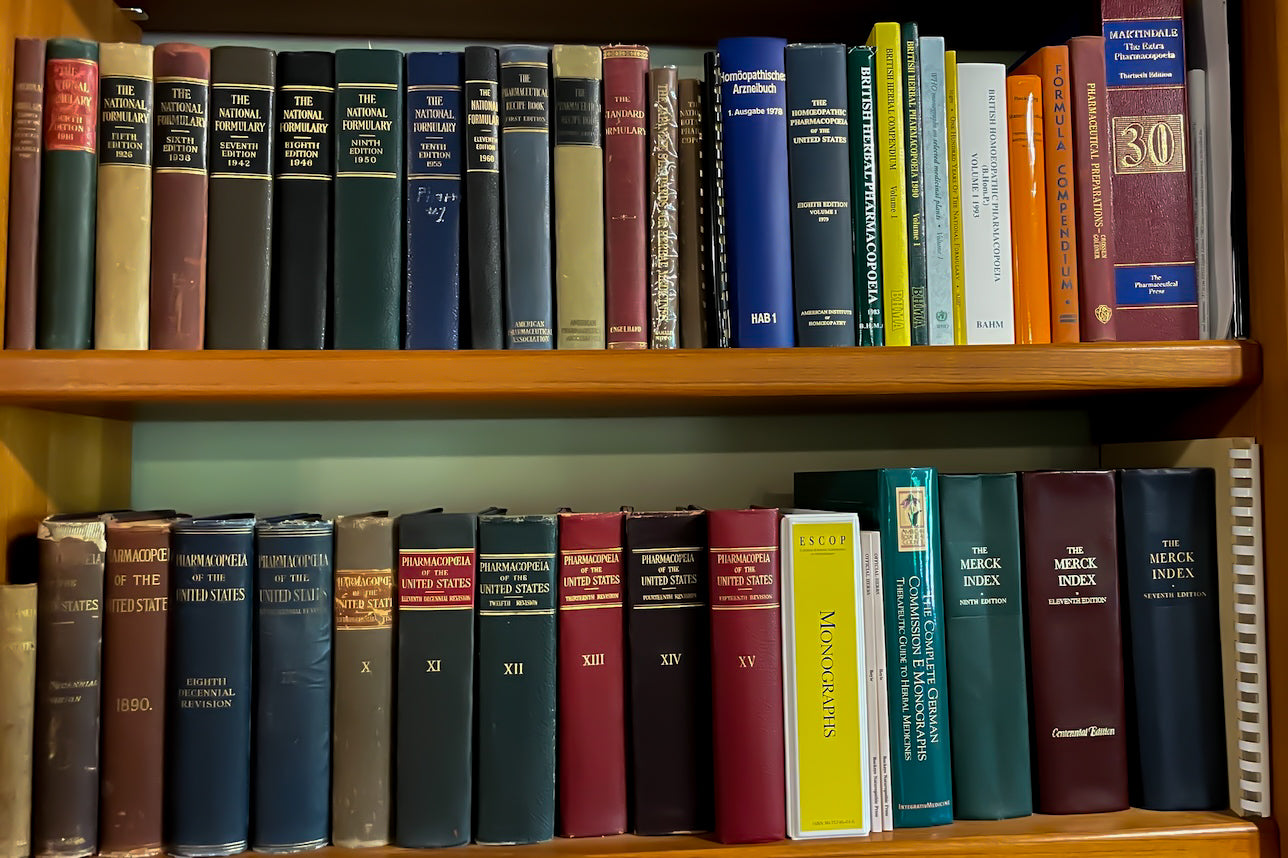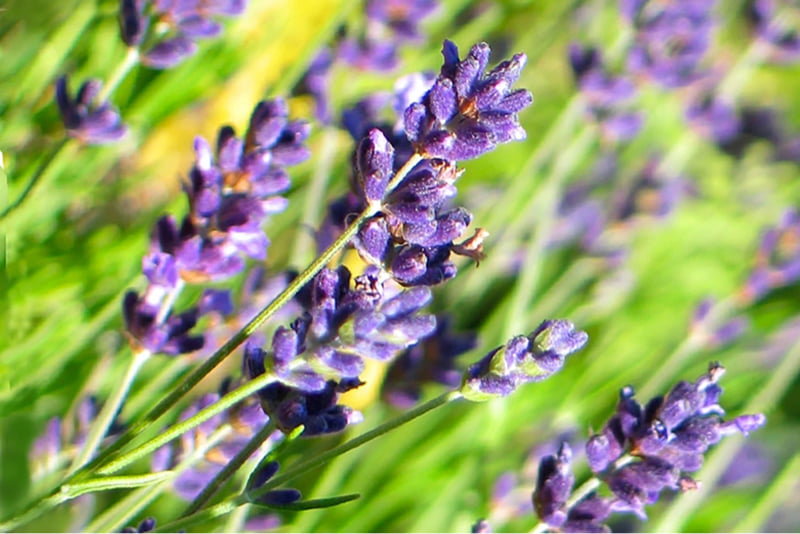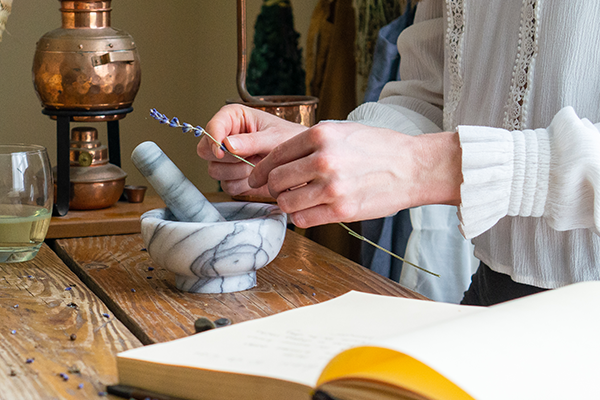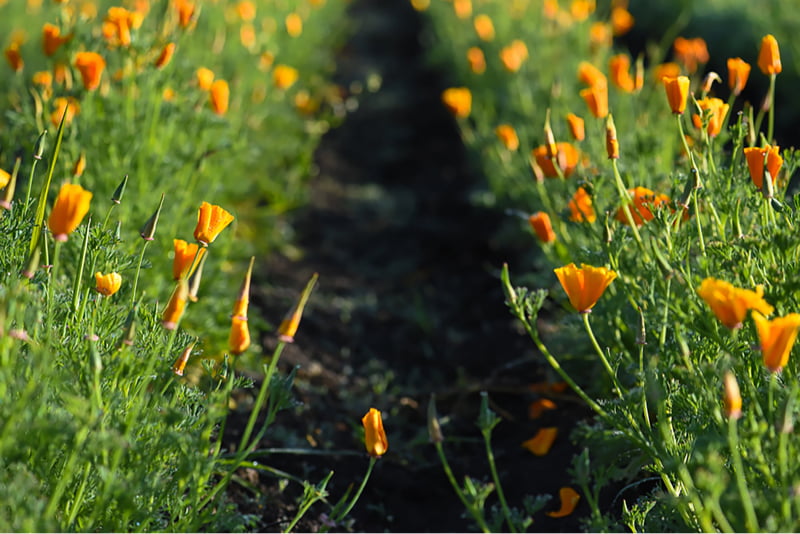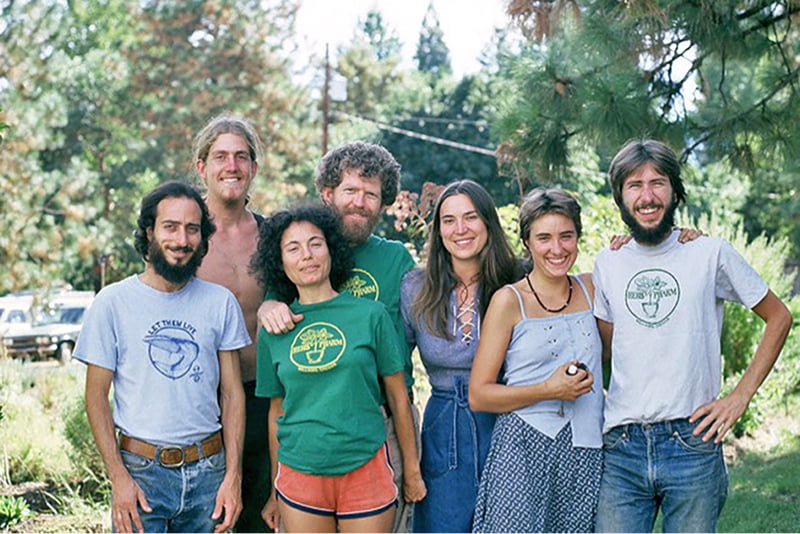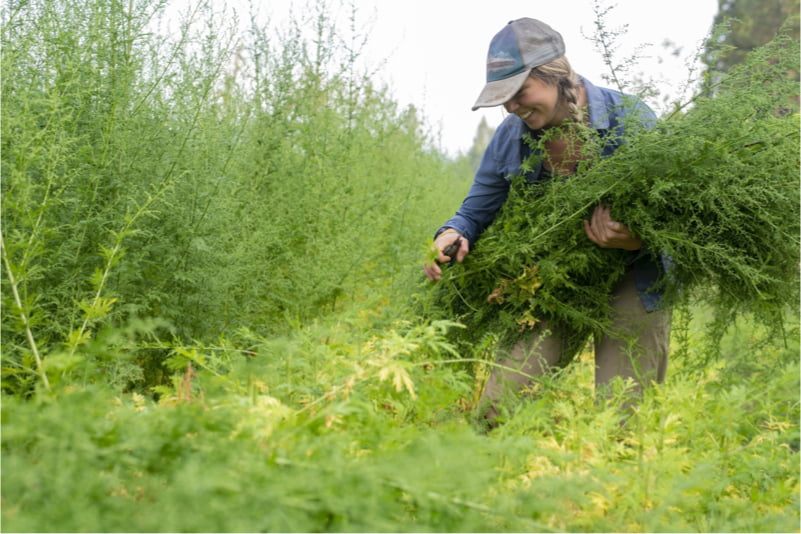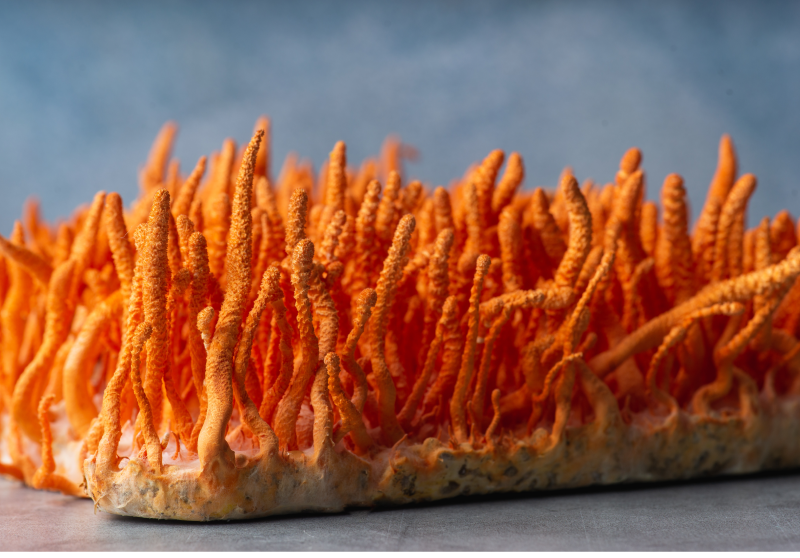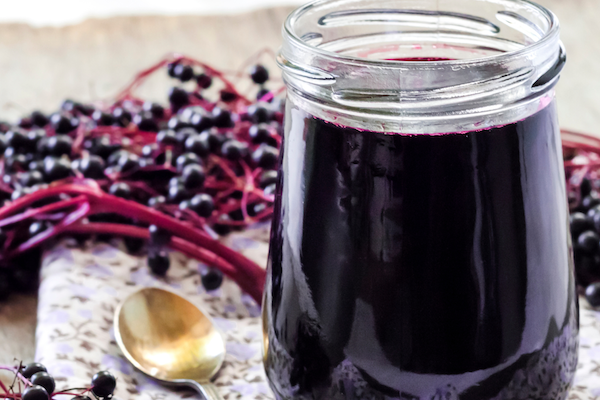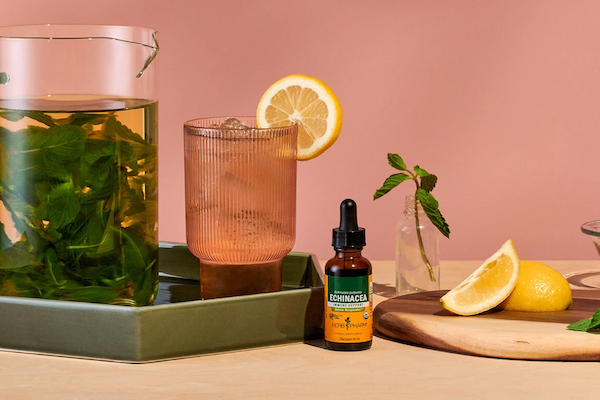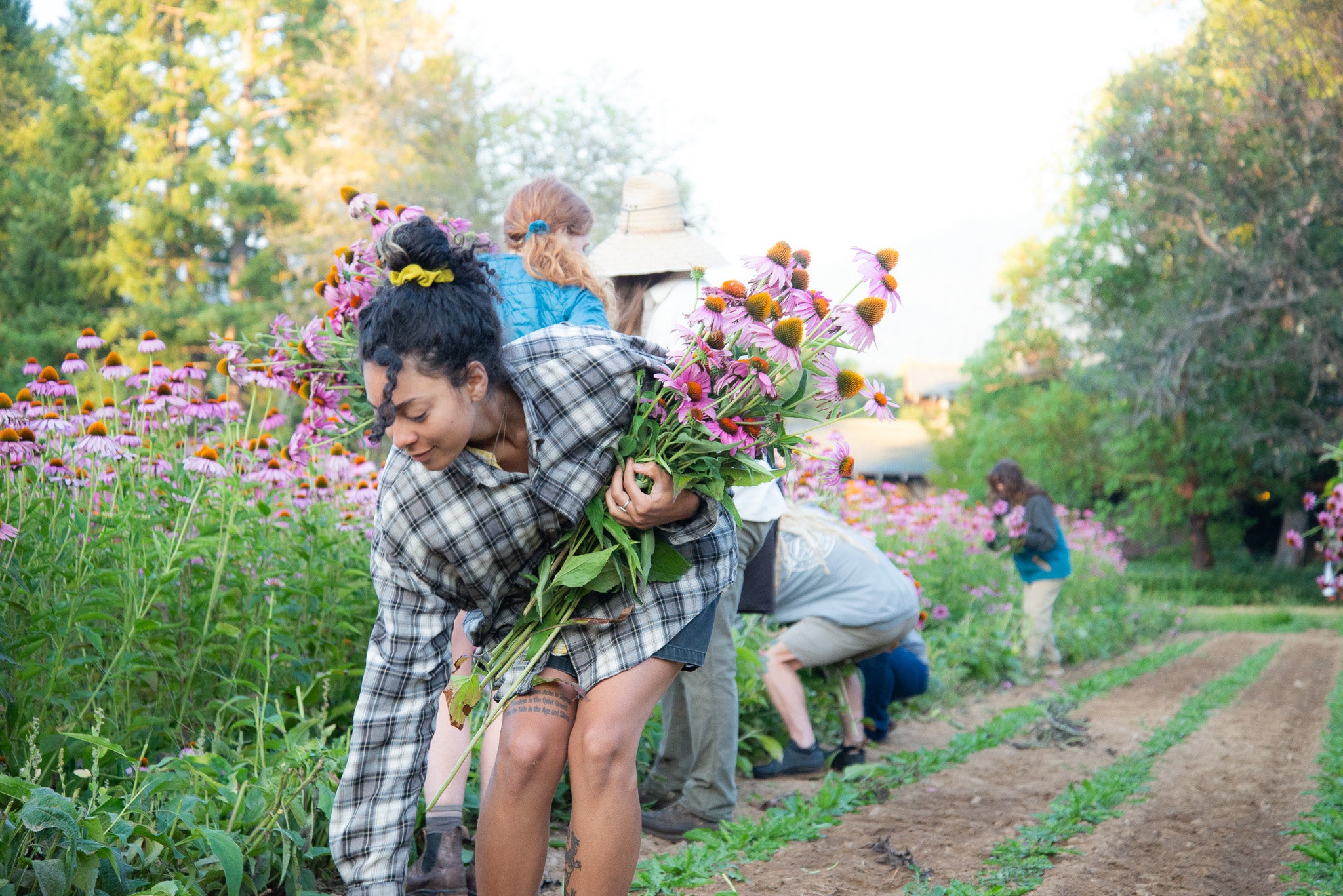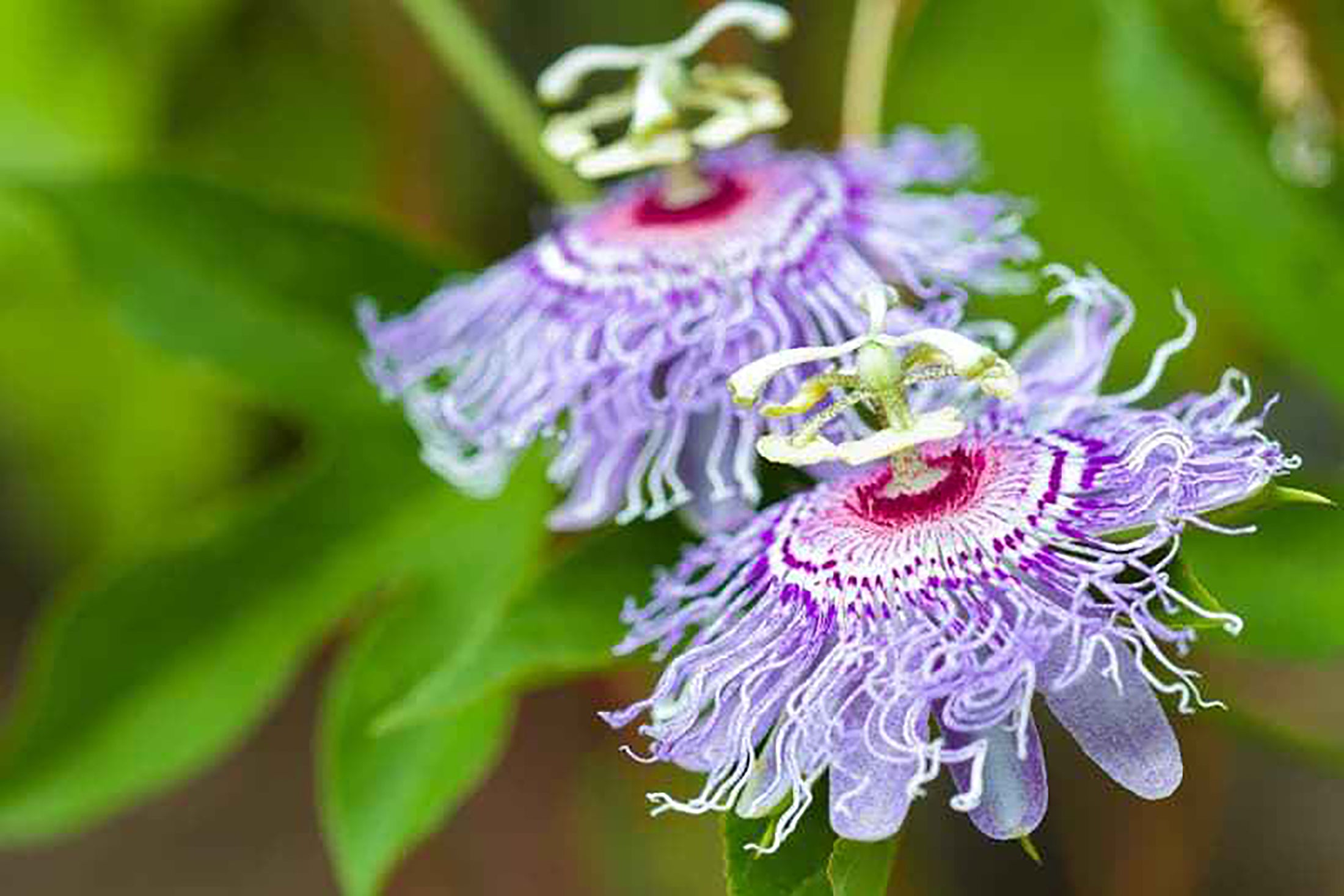The Importance of Salmon
Did you know that certain populations of salmon, like sockeye salmon, coho salmon, chinook salmon, and
Atlantic salmon are listed as endangered?1 The Pacific Northwest is home to sensitive populations of
wild salmon, and as a company with deep roots in Oregon, protecting them is something we take seriously.
Salmon are integral to the ecosystem of the Pacific Northwest. 137 different species depend on the
marine-rich nutrients wild salmon provide.2 Throughout the West Coast of North America, Indigenous
communities once sustained some of the highest human populations on the continent because of abundant
salmon runs.2
Salmon is an integral part of the culture, spiritual practice, and physical sustenance for the Columbia
River Basin tribes of the Pacific Northwest, too. Salmon are honored as a traditional “first food” along
with wild game, roots, berries, and pure water.3
